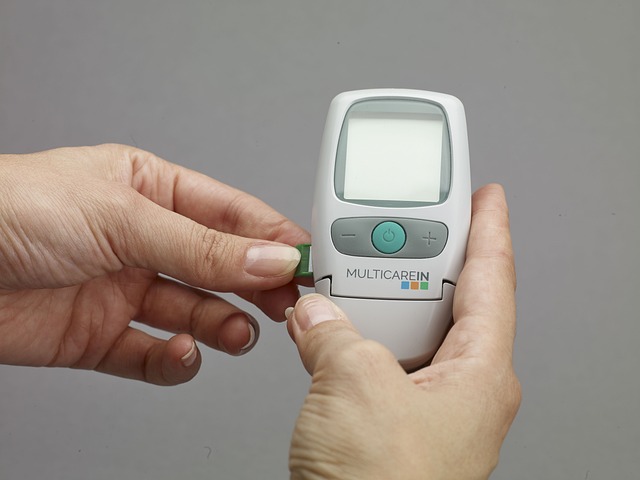Hormone analysis via a UK General Health Blood Test is a non-invasive procedure that assesses hormones like FSH, LH, estradiol, and progesterone to diagnose reproductive health issues such as PCOS or thyroid disorders. Results guide personalised treatments including lifestyle changes, medication, or ART, improving healthcare outcomes for those seeking to conceive or manage related conditions.
In the UK, hormone analysis is a crucial tool in diagnosing reproductive issues. This comprehensive guide delves into the process of a UK general health blood test for hormones, providing insights for both individuals and healthcare professionals. From understanding the basics of hormone analysis to interpreting results and next steps, this article offers valuable information for navigating reproductive health concerns. Whether you’re seeking clarity or looking to support a loved one, these insights can empower you to take control of your reproductive well-being.
- Understanding Hormone Analysis for Reproductive Health in the UK
- What to Expect During a General Health Blood Test for Hormones
- Interpreting Results and Next Steps After a Reproductive Hormone Blood Test
Understanding Hormone Analysis for Reproductive Health in the UK
Hormone analysis plays a pivotal role in diagnosing and managing reproductive health issues in the UK. This non-invasive procedure involves assessing various hormones in the blood to gain insights into an individual’s reproductive system. Typically, a UK General Health Blood Test is recommended as a starting point for individuals experiencing fertility problems or presenting with symptoms suggestive of hormonal imbalances. Such tests measure key hormones like follicle-stimulating hormone (FSH), luteinizing hormone (LH), estradiol, and progesterone, offering crucial data for healthcare professionals to make accurate diagnoses.
By analysing these hormones, doctors can identify conditions such as polycystic ovary syndrome (PCOS), thyroid disorders, or issues with ovarian function. This information guides personalised treatment plans, which may include lifestyle changes, medication, or assisted reproductive technologies (ART). The availability of hormone analysis in the UK has significantly improved the ability to address and overcome reproductive challenges, contributing to better outcomes for those seeking to conceive or manage existing health conditions related to reproduction.
What to Expect During a General Health Blood Test for Hormones
During a UK general health blood test for hormones, a healthcare professional will take a sample of your blood to analyse various hormone levels. This typically involves drawing a small amount of blood from your arm, usually at a clinic or laboratory setting. The process is quick and generally causes minimal discomfort. The specific hormones tested can vary depending on the suspected reproductive issue, but common tests include measuring thyroid hormones (T3, T4, TSH), sex hormones (estradiol, progesterone, testosterone), and cortisol levels.
After the blood sample is taken, it’s sent to a laboratory for analysis. The results provide valuable insights into your hormonal balance and can help diagnose conditions like polycystic ovary syndrome (PCOS), thyroid disorders, or issues with reproductive organs. Your healthcare provider will discuss these findings with you, explaining what each hormone level reveals about your overall health and next steps for treatment or management if needed.
Interpreting Results and Next Steps After a Reproductive Hormone Blood Test
After undergoing a UK General Health Blood Test for reproductive hormone analysis, interpreting the results is a crucial step to understanding your next course of action. The test measures levels of key hormones, such as Follicle-Stimulating Hormone (FSH), Luteinizing Hormone (LH), Estradiol (E2), and Progesterone, which play vital roles in fertility and reproductive health. Elevated FSH or LH levels might indicate declining ovarian reserve, while abnormal estradiol or progesterone levels could signal underlying issues with ovulation.
Upon receiving your results, consult a healthcare professional to discuss the findings. They will help interpret any deviations from the normal range and guide you on the best course of action. This may include further tests, lifestyle adjustments, medication, or assisted reproductive technologies (ART) like in-vitro fertilization (IVF), depending on the specific hormone imbalances identified. Early intervention and tailored treatment plans can significantly impact managing reproductive issues and enhancing fertility potential.
Hormone analysis through a UK general health blood test can be a valuable tool in diagnosing and managing reproductive issues. By understanding what to expect during and after this test, individuals can take proactive steps towards optimal fertility and overall reproductive health. This comprehensive approach empowers folks to navigate their reproductive journey with confidence and informed decision-making.
